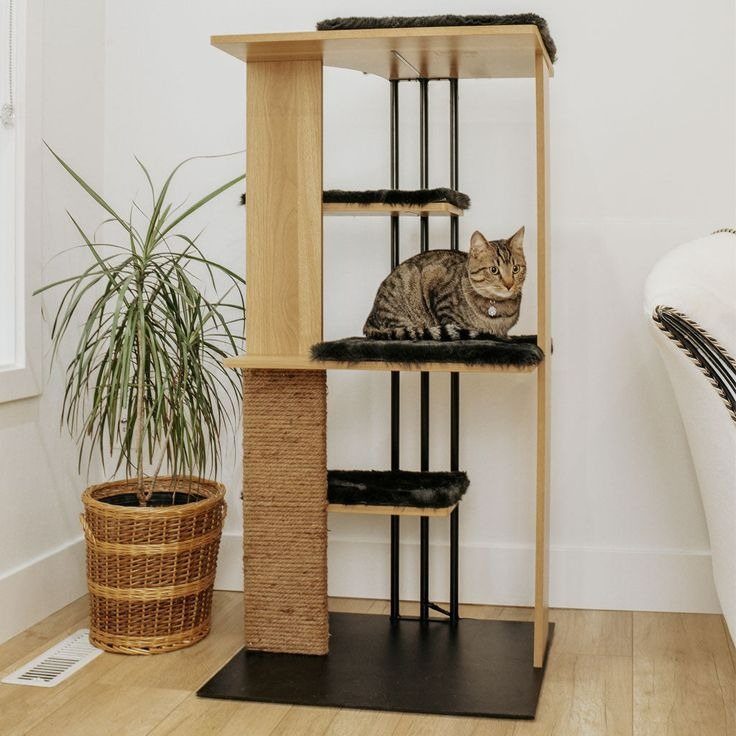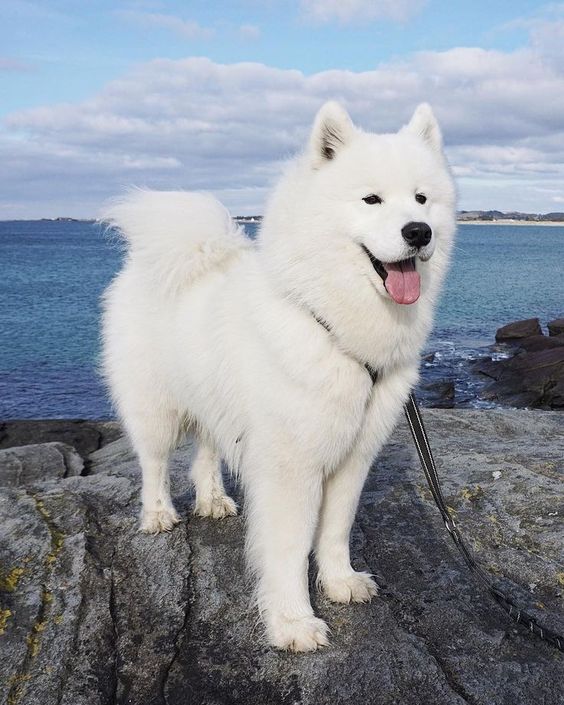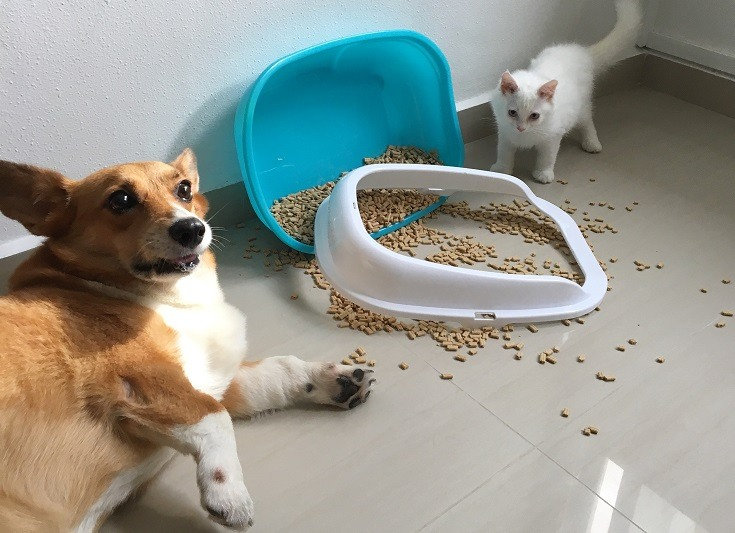
Our beloved canine companions, with their boundless energy and affectionate nature, can bring endless joy and companionship into our lives. However, despite their endearing qualities, dogs can sometimes exhibit behaviors that perplex and concern their owners, such as the unpleasant habit of consuming cat poop and litter. While this behavior may seem harmless at first glance, it can pose significant health risks to our furry friends.
I. Understanding the Reasons Behind the Behavior
Dogs, by nature, are curious and opportunistic scavengers. This instinctive drive to forage for food can lead them to investigate and consume various substances, including cat poop and litter. Additionally, dietary deficiencies or an unbalanced diet can cause dogs to seek out alternative sources of nutrients, making cat poop an appealing option.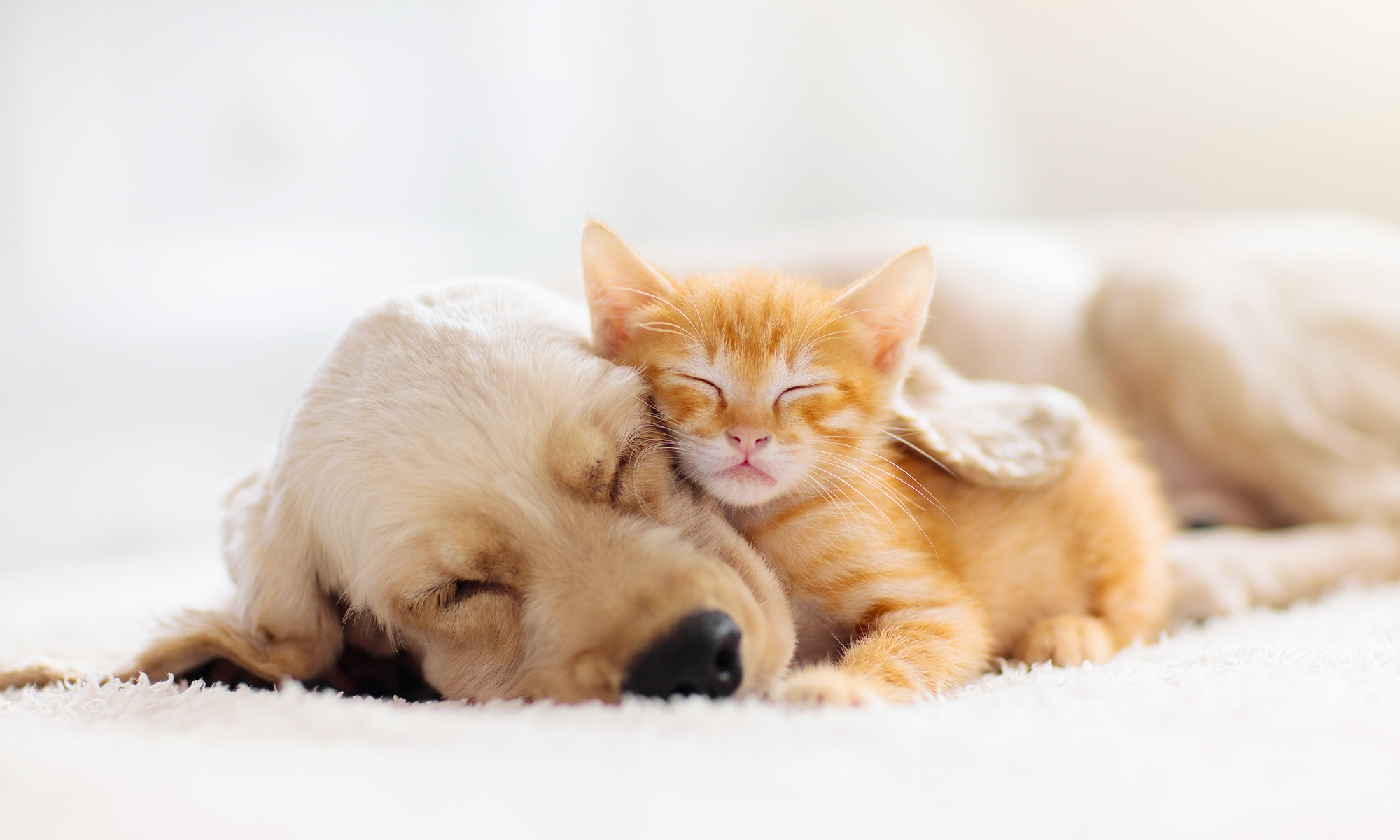
Furthermore, some dogs may engage in coprophagia, the consumption of feces, as a form of attention-seeking behavior. This behavior is often observed in dogs that feel neglected or bored and may respond to the negative attention they receive from their owners, even if it’s scolding or punishment.
In some cases, coprophagia may indicate an underlying medical condition, such as pancreatic insufficiency, intestinal parasites, or inflammatory bowel disease. These conditions can interfere with a dog’s ability to absorb nutrients properly, leading them to seek out additional sources, such as cat poop.
II. Assessing the Risks of Ingesting Cat Poop and Litter
While the occasional consumption of cat poop may not cause immediate harm, it can pose significant health risks to dogs. Cat feces can harbor various parasites and bacteria, including roundworms, hookworms, and Toxoplasma gondii, the parasite that causes toxoplasmosis. These pathogens can transmit to dogs upon ingestion, leading to a range of health issues, including gastrointestinal upset, diarrhea, vomiting, and even more severe complications.
Additionally, the ingestion of cat litter, particularly clumping litter, can cause serious digestive problems. Clumping litter expands when wet, and if ingested in large quantities, it can form blockages in a dog’s intestines, requiring emergency veterinary care.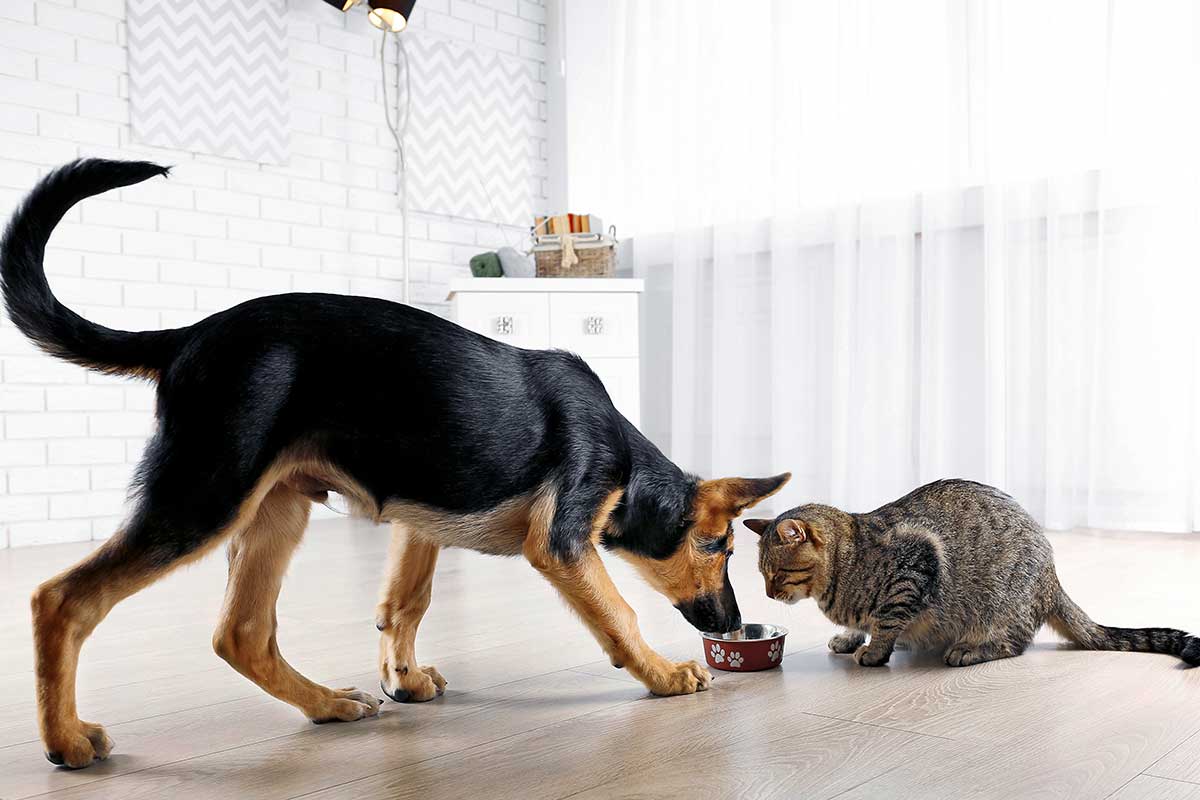
III. Preventive Measures to Discourage the Behavior
Preventing dogs from eating cat poop and litter requires a multi-pronged approach. Firstly, it’s crucial to keep cat litter boxes out of reach of dogs, preferably in a high or enclosed location. This physical barrier can significantly reduce the temptation for dogs to investigate and consume the contents.
Secondly, ensuring that dogs receive a balanced and nutritious diet can help eliminate the dietary deficiencies that may contribute to coprophagia. Consult with your veterinarian to determine the appropriate diet for your dog’s age, breed, and health status.
Regular exercise and playtime are essential for addressing boredom and providing dogs with an outlet for their energy. Engaging in physical activities and interactive games can help keep dogs mentally stimulated and less likely to engage in destructive behaviors like coprophagia.
IV. Monitoring for Signs of Illness and Seeking Veterinary Care
Closely monitoring your dog’s health is essential for early detection of any potential issues arising from coprophagia. Symptoms such as vomiting, diarrhea, lethargy, loss of appetite, and weight loss may indicate an underlying problem.
If you notice any of these signs, promptly seek veterinary attention. Early diagnosis and treatment can prevent complications and ensure your dog’s speedy recovery. Your veterinarian may recommend fecal tests to check for parasites or bacteria and determine the appropriate course of treatment.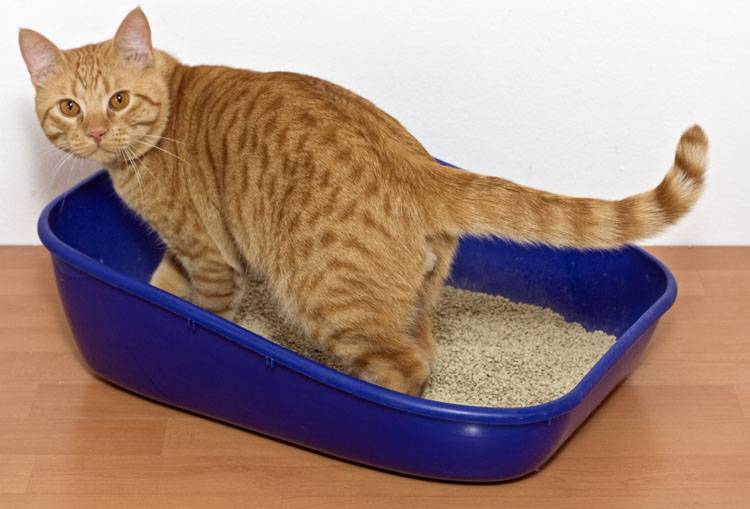
V. Addressing Underlying Medical Conditions
In cases where coprophagia is associated with an underlying medical condition, addressing the primary issue is crucial to prevent the recurrence of this behavior. Your veterinarian will conduct a thorough examination and diagnostic tests to identify the underlying cause and recommend appropriate treatment.
Managing underlying conditions such as pancreatic insufficiency, intestinal parasites, or inflammatory bowel disease can significantly reduce the likelihood of coprophagia. Dietary changes, medication, and lifestyle modifications may be necessary to manage these conditions effectively.
VI. Promoting a Healthy and Safe Environment for Pets
Maintaining a clean and hygienic living space is essential for the overall health and well-being of your pets. Regularly cleaning litter boxes, disposing of pet waste properly, and providing a clean and comfortable environment can help prevent the spread of germs and reduce the risk of coprophagia.
Regular veterinary checkups are crucial for preventive care and early detection of potential health issues. Your veterinarian can monitor your dog’s overall health, provide necessary vaccinations and parasite prevention, and address any concerns you may have.
Creating a loving and supportive environment for your pets can help prevent attention-seeking behaviors like coprophagia. Ensure your dog receives ample love, attention, and playtime to feel secure and content.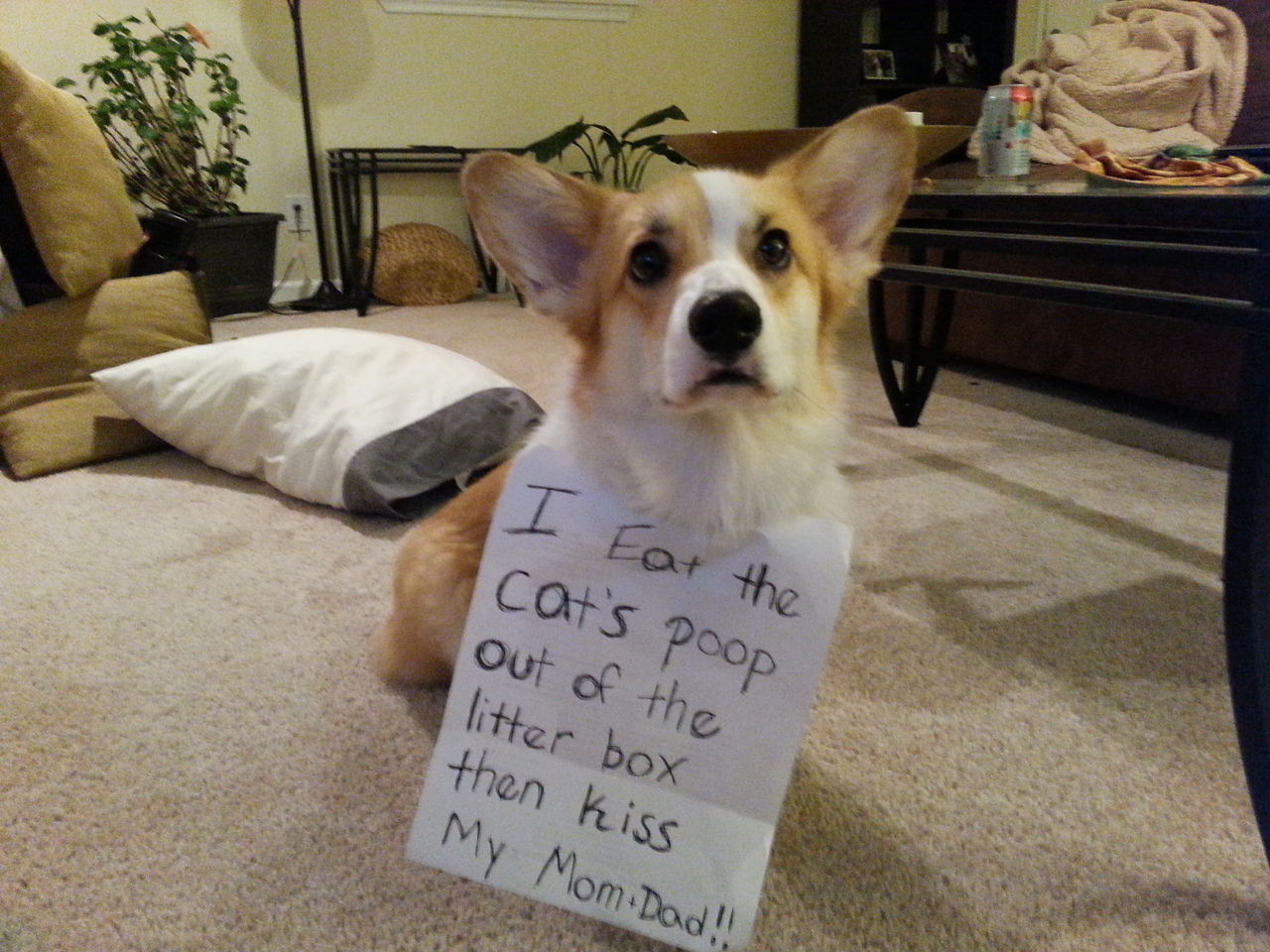
Training Techniques to Deter Coprophagia
While preventive measures are essential, incorporating specific training techniques can further discourage your dog from eating cat poop and litter.
- Positive Reinforcement: Reward your dog with treats or praise for leaving cat poop alone. This positive reinforcement strengthens the desired behavior and makes it more likely for your dog to repeat it.
- Leave It Command: Train your dog to respond to the “leave it” command by associating it with a reward for ignoring distractions like cat poop. Consistency and repetition are key to establishing a reliable “leave it” command.
- Leash Correction: If you catch your dog approaching the litter box, gently redirect them with a leash correction and a firm “no.” However, avoid excessive punishment, as this can backfire and make the behavior more secretive.
- Cleaning Up Promptly: Regularly scoop the litter box to minimize the presence of waste that might tempt your dog. The quicker you remove the litter, the less opportunity your dog has to engage in coprophagia.
Importance of Responsible Pet Ownership
Addressing coprophagia is an integral part of responsible pet ownership. By understanding the causes, taking preventive measures, and seeking professional help when needed, you can ensure your dog’s health and well-being.
Furthermore, responsible pet ownership extends to maintaining a clean and safe environment for both your pets and your household. This includes proper waste disposal, regular cleaning routines, and ensuring a healthy living space for all members of your furry family.
Consulting with your veterinarian is always recommended for personalized advice regarding your dog’s specific needs and health concerns.
